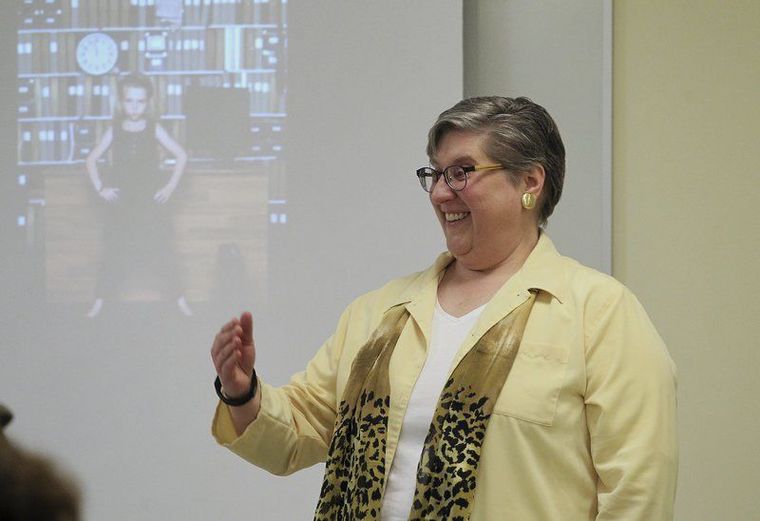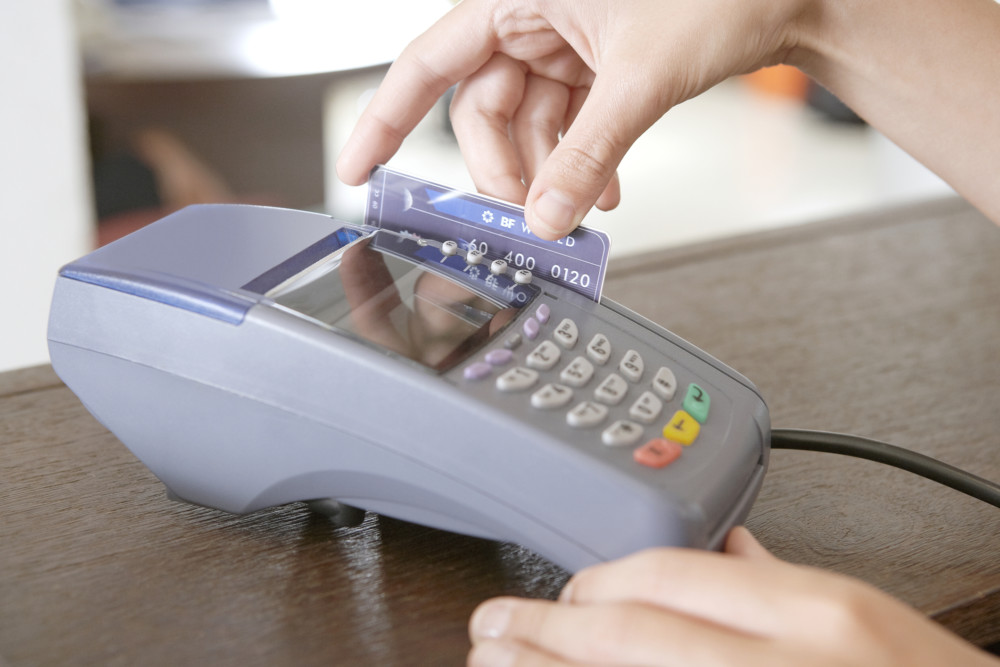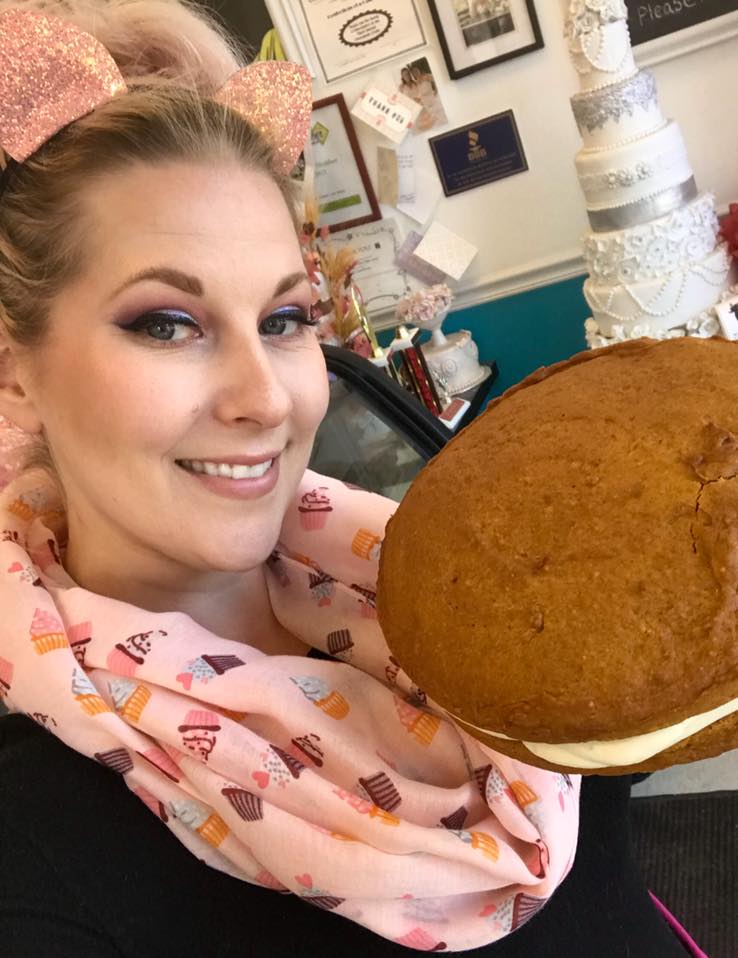By Carol Thompson
The Record-Eagle, Traverse City, Mich.
EMPIRE
Julie Weeks has studied economies around the world, parsed through profit figures from top-tier companies and engaged with vegetable farmers in Liberia.
All of those tasks have a common goal: to understand and promote women’s entrepreneurship worldwide. Learning about the barriers women face in the business world, from fruit stands to corner offices, is the first step.
“You don’t know what’s going on unless you study it,” she said.
Weeks launched a research firm, Womenable, in 2005 to study women’s entrepreneurship for companies, governments, nonprofits and other organizations. She works from her Empire home.
American Express underwrote a report Weeks put together on trends in women-owned businesses in the U.S. from 1997 to 2014. The results were published in March 2014 in the 2014 State of Women-Owned Businesses report. A 2015 report should be released this month.
Weeks found that the 9.1 million women-owned businesses in the U.S. generate more than $1.4 trillion in revenue and employ more than 7.8 million people.
Women started an estimated 1,200 businesses per day from 2013 to 2014, an increase from 740 per day the year before. Women start four out of 10 new firms. Small-business ownership by women of color accounts for much of that growth.
The report points to problems, too. Women-owned firms only employ 6 percent of the nation’s workforce and contribute less than 4 percent of business revenues. Those figures have changed little since 1997.
Weeks said that while the proportion of women-owned businesses grows, the size of those businesses does not.
“There’s something going on that’s holding women back from scaling their businesses to make them larger,” she said. “That’s the challenge I think we who are in the women’s enterprise development community have to figure out.”
Weeks studied the economy for decades. She started her career conducting political polls in Detroit in the 1980s, then moved to Washington, D.C. to work for the U.S. Small Business Administration, where she led the office of economic research. She stayed in Washington, D.C. for 15 years working for the government and nonprofits, including the National Women’s Business Council and the Center for Women’s Business Research.
The experience spurred Weeks’ own entrepreneurial dreams and led her to launch Womenable.
“I saw a need for somebody to pay attention to the whole environment of women’s entrepreneurship, which is when I thought I could launch my own business doing that.”
Weeks has studied barriers to women’s entrepreneurship around the globe under the Womenable brand. She worked in Liberia, where the government wanted small business owners to formalize and pay taxes, and found women often didn’t have access to transportation or weren’t taken seriously by government workers during the filing process. In Papua New Guinea, where the government also wanted small business owners to formalize, women didn’t trust their tax payments to benefit their communities.
Weeks said a focus on women’s entrepreneurship could benefit the local economy, too. Women tend to have collaborative management styles and prefer to think about growth in terms of social good instead of money, unlike traditional business philosophies. Tailoring economic programs to women could encourage more to start or grow businesses.
That’s her end goal — to better engage half the population so it can contribute more to the economy.
But studying the barriers is just the first step.
“It doesn’t end with the knowledge gained by analysis,” Weeks said. “You have to make it actionable and then you have to keep the pressure on.”
















































































































































































































































































































































































